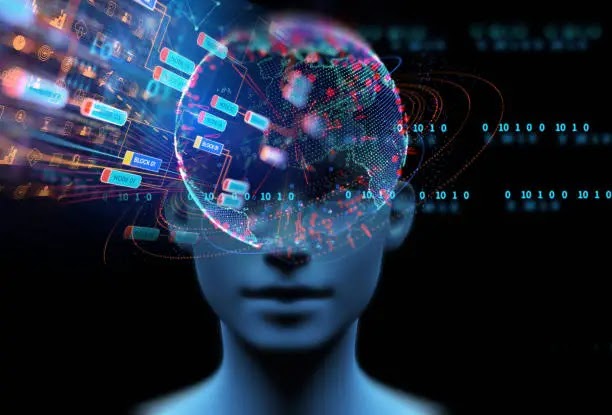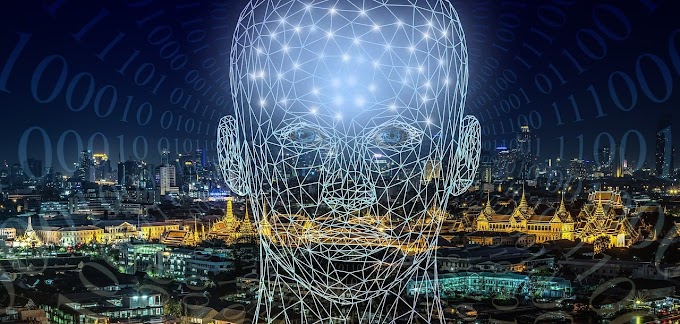I. Introduction
Artificial Intelligence (AI), the burgeoning field of computer science aimed at creating intelligent machines, has rapidly proliferated across diverse domains. However, the boundless potential of AI brings forth profound ethical questions that demand careful consideration.
Importance of Ethical Considerations in AI
In this digital age, prioritizing ethical aspects in AI development is paramount:
A. Protecting Human Rights and Privacy: As AI systems collect and analyze vast datasets, safeguarding individual rights and personal privacy is imperative.
B. Ensuring Fairness and Avoiding Discrimination: AI algorithms can unintentionally perpetuate biases. Ethical AI strives for equitable outcomes for all.
C. Maintaining Transparency and Accountability: Understanding how AI makes decisions is pivotal for trust and accountability.
Ethical Challenges in AI Development
A. Bias and Discrimination
Understanding Algorithmic Bias: The subtleties of biased algorithms and their societal consequences. Implications of Biased AI Systems: How bias can affect decisions in domains
like hiring or lending. Strategies to Mitigate Bias and Discrimination: Techniques to detect, prevent, and rectify bias in AI.
B. Privacy and Data Protection
AI's Impact on Personal Data: The implications of AI's data-driven nature on privacy.
Risks Associated with Data Privacy: Potential breaches and misuse of personal information.
Enhancing Privacy in AI Applications: Technologies like federated learning and differential privacy.
C. Autonomous Decision-Making
Ethical Concerns with AI-driven Decision-Making: The ethical dilemmas surrounding AI'sability to make autonomous decisions. Limits to Algorithmic Decision-Making: Identifying scenarios where human oversight is crucial. Building Transparency and Human Oversight: Ensuring decision-making processes remain comprehensible.
D. Impact on Employment
AI's Potential Impact on Job Displacement: Examining the potential consequences of automation. Addressing Socio-economic Consequences: Strategies to mitigate negative effects on workers .Opportunities for Re-skilling and Job Creation: Preparing the workforce for an AI-driven world.
E. Safety and Security
Ensuring AI System Reliability and Safety: The importance of robust, fail-safe AI.
Guarding Against Malicious Use of AI: The ethical concerns surrounding AI misuse.
Cybersecurity Considerations for AI Technologies: Protecting AI systems from cyber threats.
F. Ethical Responsibility of AI Developers and Users
Obligations of AI Developers: Ethical guidelines and professional responsibilities.
User Responsibility in AI Utilization: Ensuring responsible use of AI by individuals and organizations. Establishing Ethical Guidelines and Regulations: The role of policymakers in setting ethical standards.
IV. Balancing Innovation and Ethical Considerations
A. Ethical Design and Development
Ethical Frameworks for AI Development: Implementing ethical principles into the design process. Integrating Ethics in AI System Design: Incorporating ethical considerations from the outset. Collaborative Efforts for Responsible Innovation: Cooperation between experts, ethicists, and policymakers.
B. Public Awareness and Engagement
Importance of Public Understanding of AI Ethics: Fostering informed public discourse.
Public Involvement in AI Policy Decisions: Ensuring societal values are reflected in AI regulations. Bridging the Gap Between AI Experts and the General Public: Enhancing accessibility and transparency.
C. Collaboration between Stakeholders
Role of Government and Policy-Makers: Crafting regulations that strike the right balance.
Collaboration Between Academia, Industry, and Civil Society: Fostering cross-sector partnerships. Creating Interdisciplinary Teams for AI Development: Combining expertise from various fields.
D. Continuous Evaluation and Adaptation
Regular Evaluation of AI Systems' Ethical Implications: Ensuring AI aligns with evolving ethical standards. Iterative Improvement of AI Ethics Frameworks: Adapting ethics guidelines as AI evolves. Adapting to Changing Societal Needs and Challenges: Navigating the dynamic ethical landscape.
Case Studies: Ethical Considerations in AI Implementation
Examining real-world AI projects and their ethical challenges offers practical insights:
Lessons Learned and Best Practices for Ethical AI Implementation.
As AI continues to shape our world, ethical considerations must remain at the forefront. Balancing innovation with ethical responsibility is the path forward in creating a future where AI benefits society while respecting its values.






